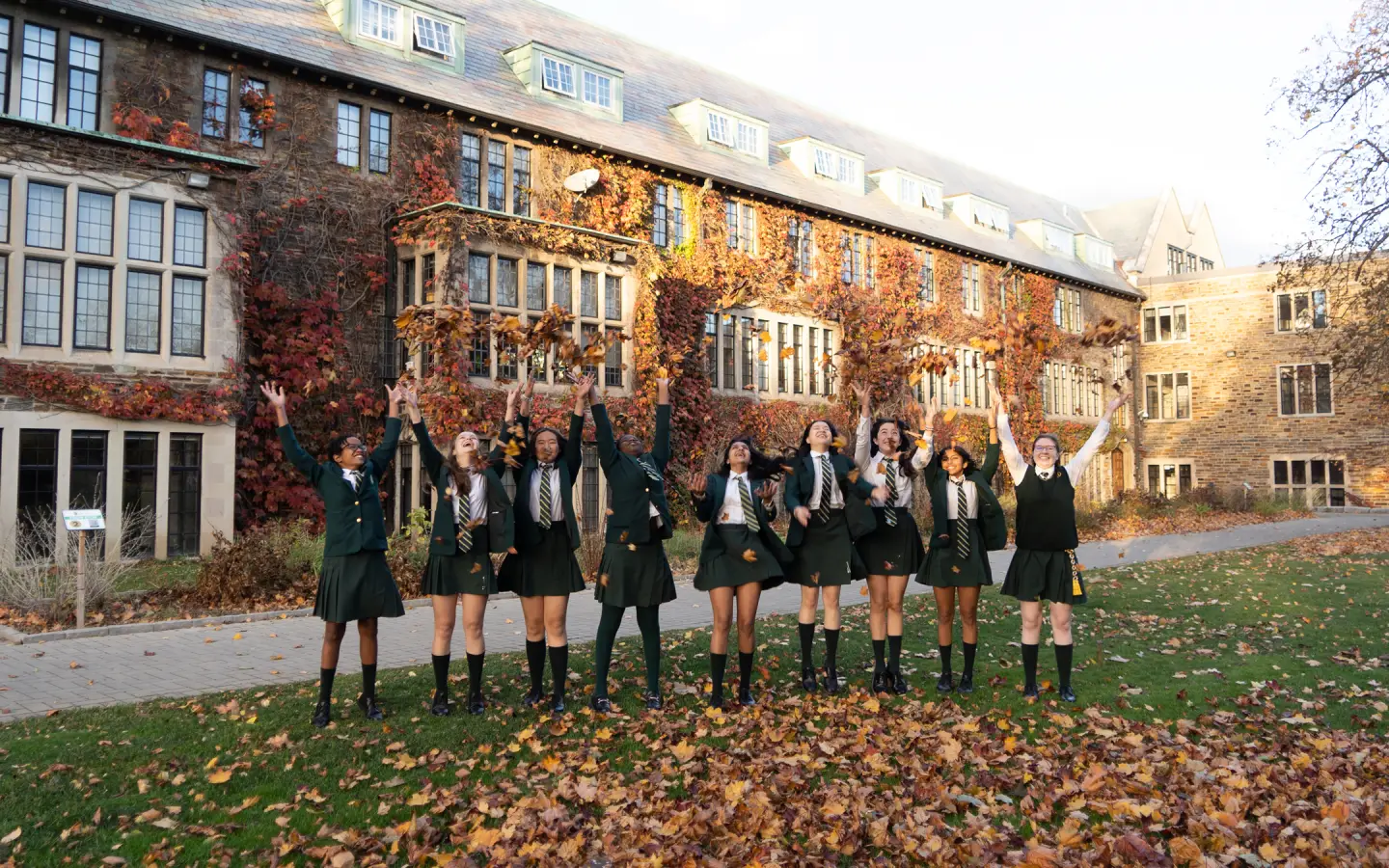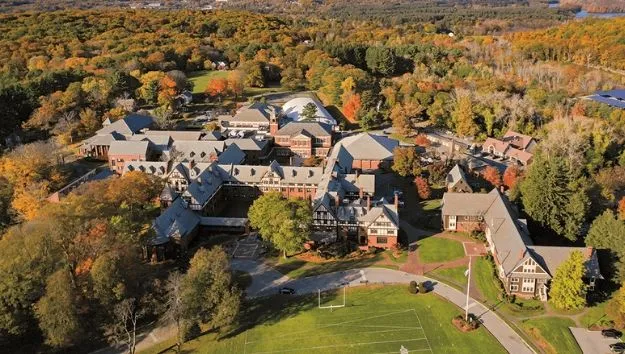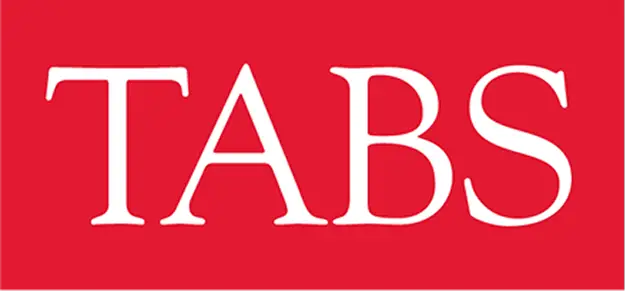St. Mark's School
Southborough
,
Massachusetts
,
United States
Founded in 1865, St. Mark's School is a small residential community where students develop analytic and creative skills while fostering curiosity and a passion for discovery. Small classes, a rigorous curriculum, and strong student-faculty connections define the academic program. Rooted in the Episcopal tradition, the School values diversity, integrity, and preparing students to explore their world.



%252B(1).webp)
Key Information
Areas of Special Focus:
Boarding Grades:
Day Student Option:
Religious Affiliation:
Student Body Type:
Total Boarding Enrollment:
Total School Enrollment:

What Makes a TABS School Different?
Discover the organization behind the world’s most trusted boarding schools.

find the perfect boarding school
